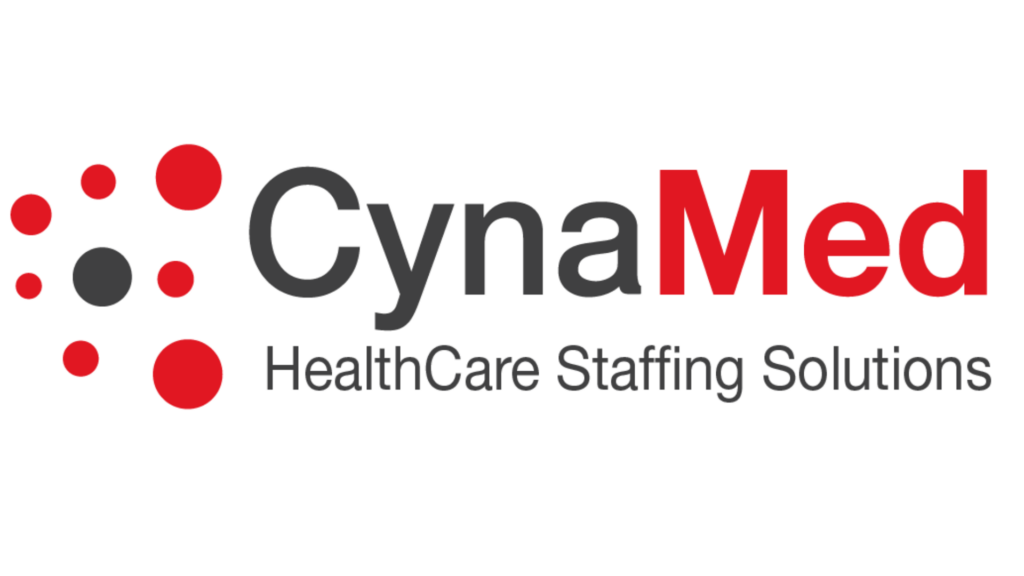As medicine and healthcare evolve, the general outlook on care should too. This is why working with a licensed practical nurse has grown in popularity. Patients want to feel heard and supported throughout their treatment is precisely what LPNs strive to do.
If you or someone you love is undergoing medical treatment, a licensed practical nurse may be the perfect option. This is especially true if you seek a more interdisciplinary approach to your care.
To learn more about what a licensed practical nurse can offer you, continue reading.
What Is An LPN?
A licensed practical nurse, or LPN, is a nurse that provides communication-focused care. The main intention of an LPN is to serve as a direct line of communication for the patient. This often includes:
- Emotional support and dialogue
- Communication regarding new medications/treatments
- Shared decision making
- And more
Essentially, the role of an LPN is to communicate with, engage, and encourage the patient during care or treatment. By working alongside the primary RN, LPNs can provide emotional care as is necessary during treatment.
How Do LPNs and RNs Differ?
Though LPNs and RNs are both nurses, their skill sets, training, and forms of care differ. An RN typically involves administering medication and working with the patient’s doctors to execute a care plan. In contrast, the LPN is responsible for providing assistance and emotional guidance to the patient.
Throughout treatment, the LPN can advocate for the patient’s needs to the registered nurse and doctors. Ultimately, this creates a more collaborative and interdisciplinary approach to patient care. Though an RN usually administers medical care, some LPNs can also, depending on their skills or training.
How Do You Become An LPN?
To become an LPN, you complete your GED to enroll in a licensed practical nursing program. During the program, LPNs in training are educated in a combination of disciplines, including nursing, biology, and pharmacology.
After receiving a certification in licensed practical nursing, students complete a board-certified authorization exam. The exam must be through the local nursing board and the National Council of State Boards of Nursing. Once authorized, LPNs take the National Council Licensure Examination for Practical Nurses (NCLEX-PN) to become a practicing LPN. A license is required in every state.
In addition to basic licensure, LPNs can undergo further training to advance their skills within the field. This can include:
- Patient counseling certification
- Intravenous (IV) therapy certification
- Advanced life support certification
- Long-term and hospice care certificate
- And more
What Skills Does An LPN Obtain?
Because an LPNs role is highly interdisciplinary, they often cover many skills. However, at the very least, they must have advanced communication skills to form dialogues with patients, RNs, and doctors.
Bedside manner is a huge, vital component for LPNs, especially when supporting patients through complex and challenging periods of care.
Additionally, LPNs will take record of personal patient information, medical notes, and more. This makes organization, multi-tasking, and management equally as important. Licensed practical nurses also:
- Provide hygiene care
- Administer Intravenous (IV) fluids, catheters, or change bandage dressings
- Check blood pressure and monitor vital signs
- And more
Licensed practical nurses have much to offer in the medical field, especially when supporting patients through difficult times. Their care is ideal for patients seeking diversified support during complex medical experiences.
If receiving care from an LPN sounds beneficial to you, speak with your doctor about possible care options.
CynaMed: Your Resource For All Things Medical
Seeking medical advice can be complicated when you don’t know where to start. Thankfully, CynaMed is here to help. Our site houses reliable, accurate, and vetted medical information covering various topics.
On the CynaMed blog, you can learn from a source you trust. Browse the blog today to learn more!






